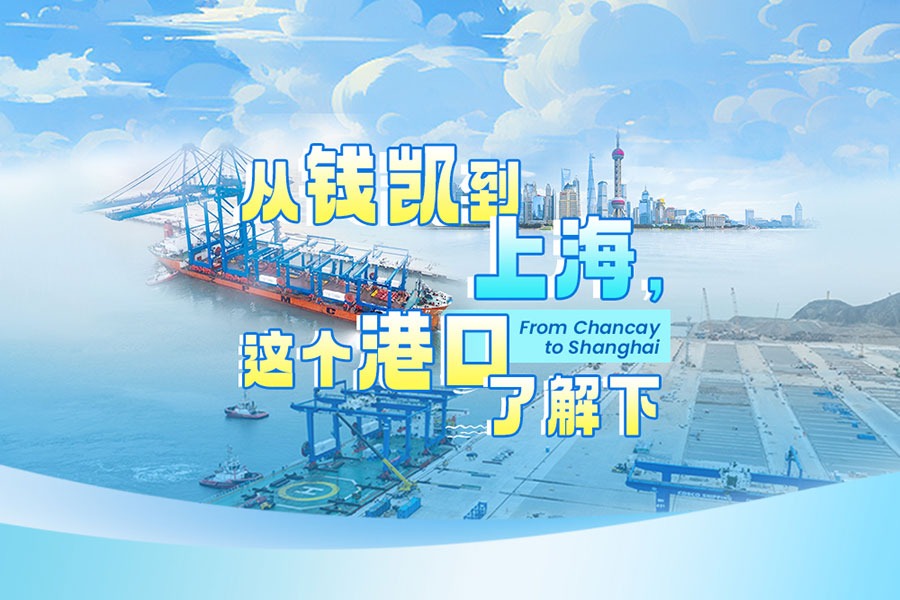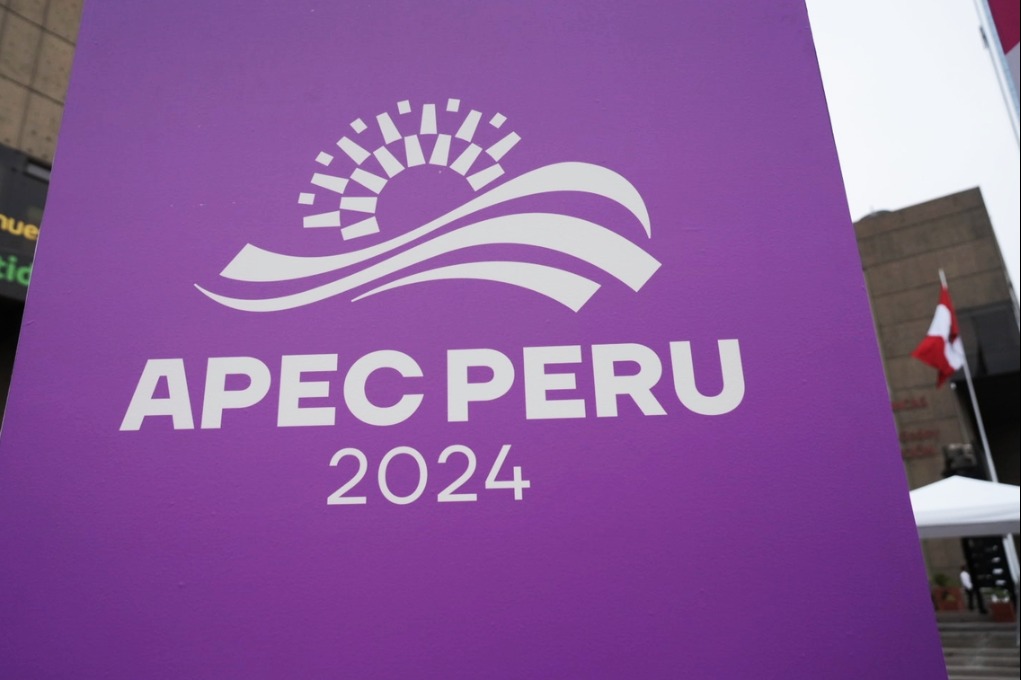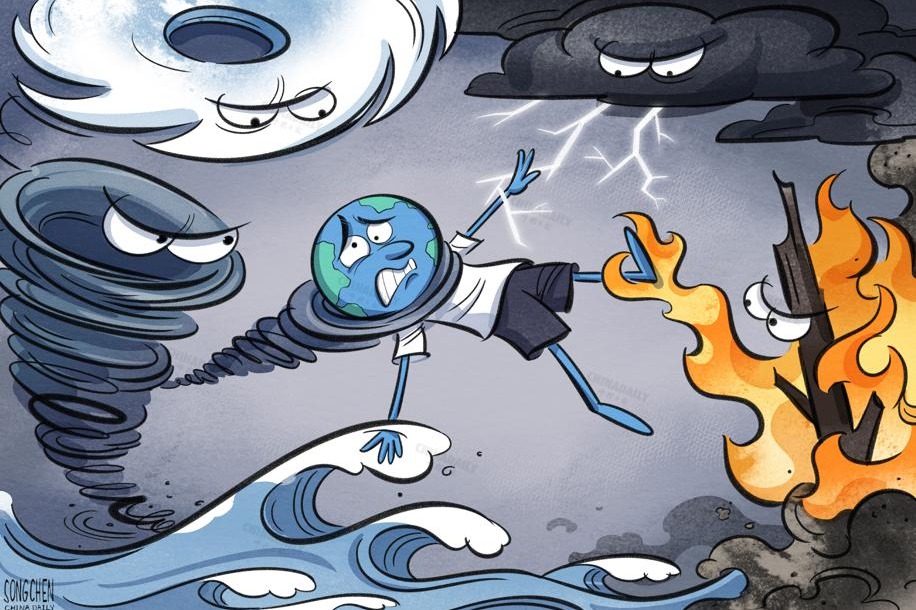Global solidarity badly needed in fight against climate change


Speaking at the 2024 United Nations Climate Change Conference, or COP29, in Baku, Azerbaijan, on Tuesday, UN Secretary-General Antonio Guterres said: "We are in the final countdown to limit global temperature rise to 1.5 degrees Celsius and time is not on our side." His remarks came immediately after a World Meteorological Organization report said that 2024 is on track to be the hottest year on record.
Without elaboration, Guterres said that supply chain shocks are raising costs everywhere in the world.
To me, his remarks sound like a stern warning to the US for its efforts to bifurcate the global manufacturing and technological supply chains, something that the UN secretary-general has been warning against repeatedly over the past years.
Government leaders and experts at the COP29 are focusing on increasing climate finance to help developing countries to realize their green transition. However, the huge disruption of global supply chains caused by the US' policies have not only slowed down the global green transition but made it more costly, especially for the developing countries.
While the whole world regards climate change as the biggest challenge facing humankind, the US administration in recent years has been trying to project China as its biggest challenge and has thus spared no efforts to undermine China's economic progress, including in the green industry.
The Joe Biden administration's punitive tariffs on Chinese-made solar panels, electric vehicles and EV batteries are proof of saboteur and protectionist mentality despite its bid to present those tariffs as part of "stiff competition".
Worse, the threat of the US launching a new tariff war against China and other countries, as evidenced from president-elect Donald Trump's statements has already raised concerns around the world, including in the European Union.
Whether and when Trump will withdraw the US from the landmark Paris Agreement for a second time after he takes office on Jan 20, 2025, is a matter of grave concern for many delegates to COP29.This feeling prevails despite US climate envoy John Podesta asserting at COP29 that efforts to combat climate change remain a commitment in the US, and the country will continue those efforts. But the world has not forgotten that one of the first things Trump did after taking office for the first time in 2017 was to pull the US out of the Paris Agreement and put climate actions on the back burner.
Trump's pledge to deregulate the energy sector and allow unfettered drilling for oil and gas industry is seen by many as sending the wrong signal to those engaged in the global fights against climate change.
European Commission President Ursula von der Leyen, who does not see eye to eye with Trump on many issues, has, contrary to expectations, tried to cozy up to the US president-elect to avoid a potential US tariff war by saying that the EU will buy more liquefied natural gas from the US.
While she claimed the LNG from the US was cheaper, experts argue that LNG from across the Atlantic was much more expensive and less environmentally-friendly when shipped across the ocean, compared with those available through the Russian pipeline.
Warning against increasing use of fossil fuels, Guterres urged the world to advance the global goal of tripling renewable energy capacity by 2030.
China has set a good example in this regard. According to an International Energy Agency report in October, China will account for almost 60 percent of the total global installed renewable energy capacity between now and 2030. Also, China has become a global leader in EVs and EV batteries, and Chinese companies make nearly two-thirds of the world's EVs and more than three-fourths of EV batteries, according to Washington-based Information Technology and Innovation Foundation.
There is no doubt that China's technological advancement and manufacturing capacity could make even greater contributions to the international community's efforts to realize green transition. But these efforts have been undermined by the trade barriers and disruptions in the global supply chains, largely due to the US policies.
The message from COP29 is crystal clear: the world urgently needs to build a united front to combat climate change. Geopolitical rivalry, fueled by the US and some other Western countries, should not undermine global solidarity and cooperation in the global fight against climate change.
The author is chief of China Daily EU Bureau based in Brussels.
chenweihua@chinadaily.com.cn


































